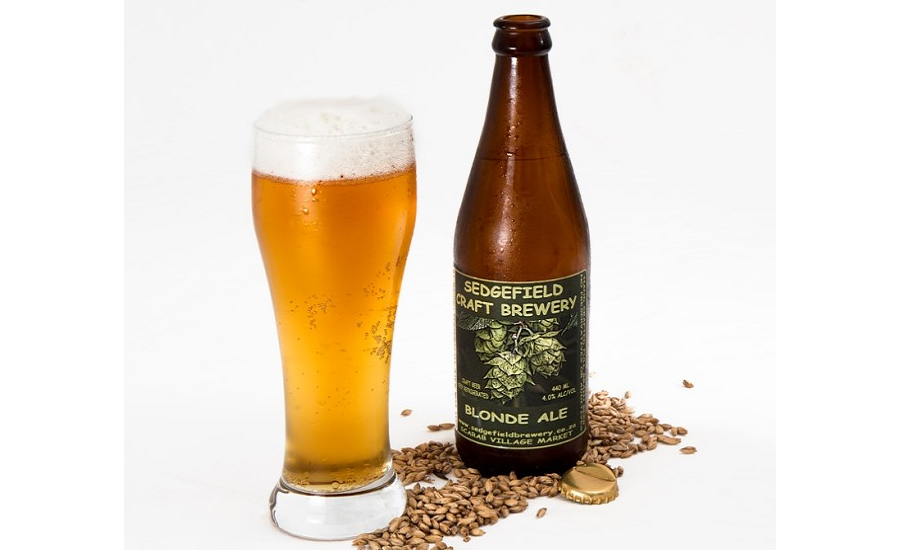Big beer's acquisitions of craft breweries caused slowing growth for smaller, independent brewers in 2016.
Craft brewers sold $23.5 billion in 2016, according to the Brewers Association. That amounts to 21.9% of the $107 billion U.S. beer market. That's up from 19% last year – and continued growth from the 10% that craft brewers held in 2012.
Craft beer makers increased volume output by 1.4 million barrels to 24.6 million barrels. That accounts for about 12.3% of U.S. beer production, up slightly from the 12.2% craft brewers had last year.
But the loss of craft breweries acquired by major beer makers such as Anheuser-Busch resulted in 1.2 million barrels being lost to the craft beer segment, the association said.
"Many of those fast-growing breweries are now no longer in the data set, and pulling them out slows the category," says Bart Watson, chief economist for the association. Beyond that, as major beer makers acquire craft breweries they gain better shelf space for those new acquisitions' products. "The second is direct: Those breweries are now gaining advantages in the marketplace and displacing independent breweries."
Among the major acquisitions in 2016: Anheuser-Busch's purchase of Virginia's Devils Backbone Brewing Co., and MillerCoors' Tenth and Blake division's acquisition of a majority stake in Terrapin Beer Co., of Athens, GA.
That hasn't stopped the opening of new breweries across the U.S. During 2016, 826 new breweries opened, bringing the number of operating breweries to 5,301 (97 closed).
A small, independent brewer is defined by the association as one that produces 6 million barrels of beer or less annually and must have less than 25% of the company owned or controlled by an interest that is not itself a craft brewer.
U.S. craft brewers sold $23.5B in 2016 – 21.9% of total U.S. beer market

